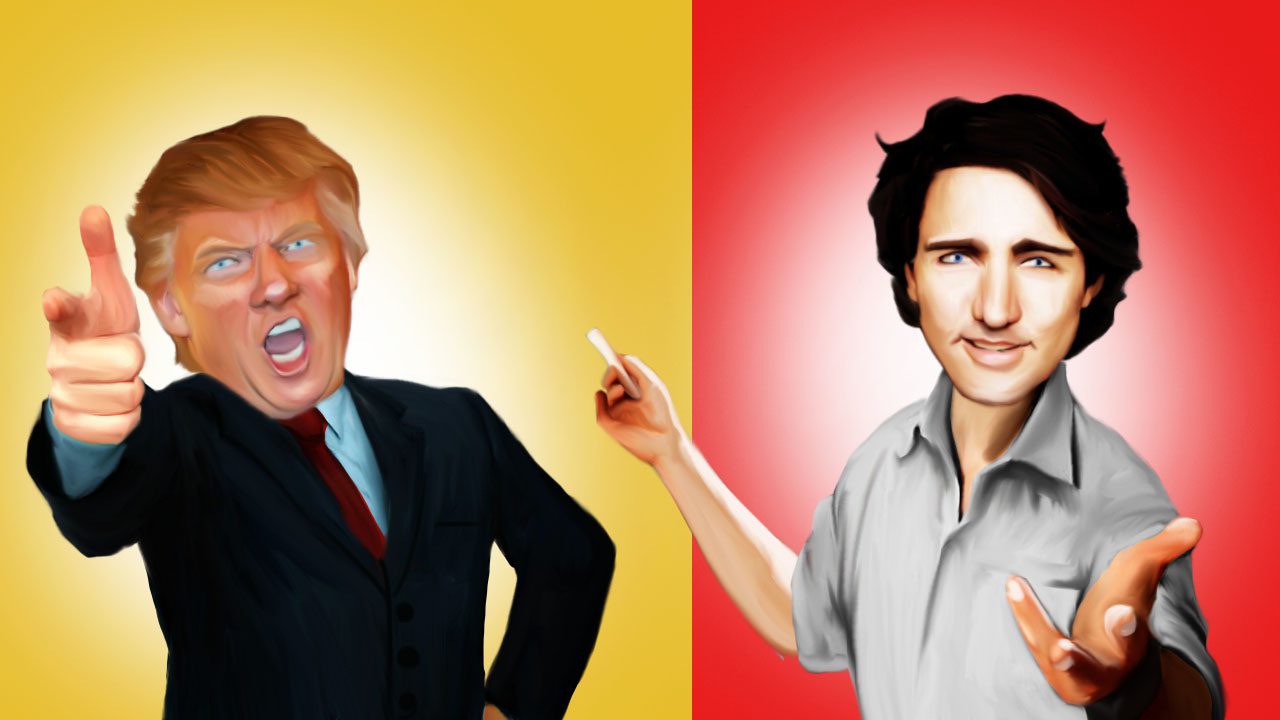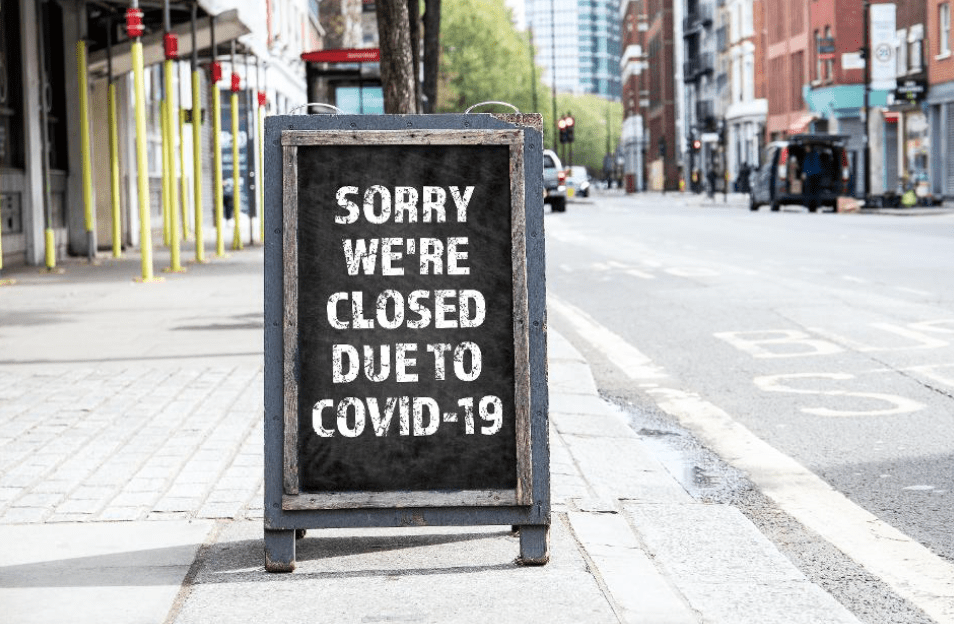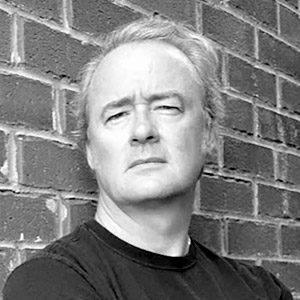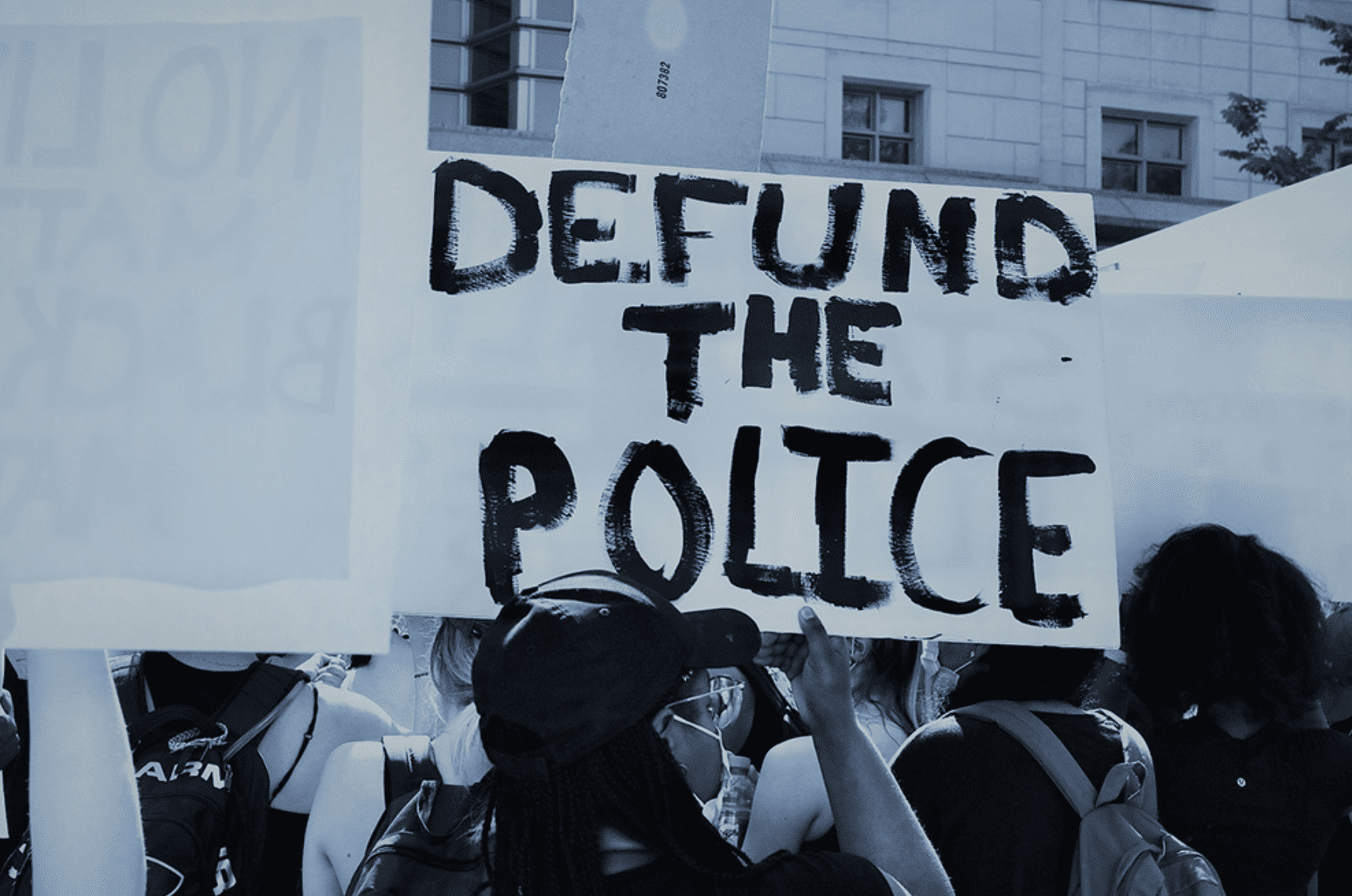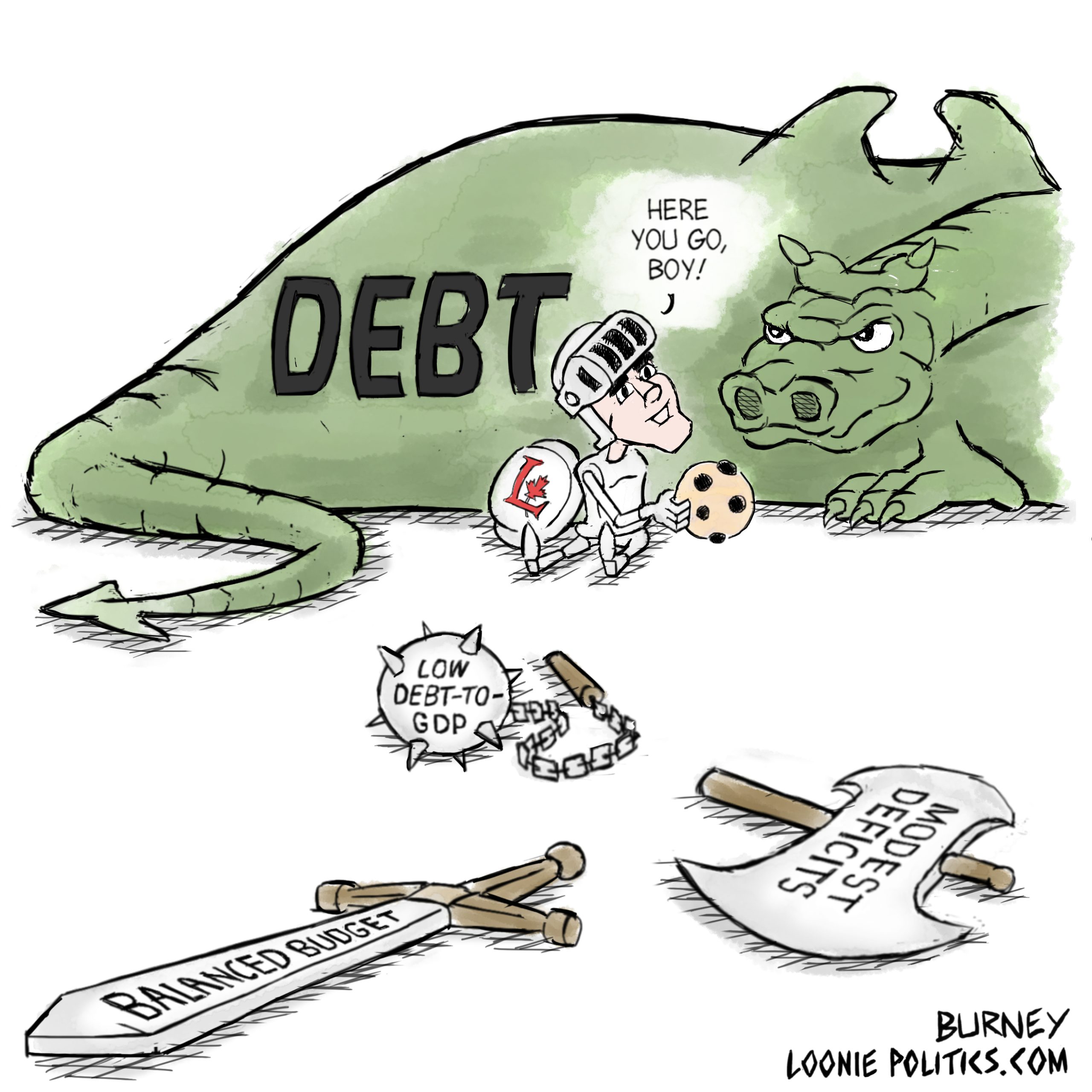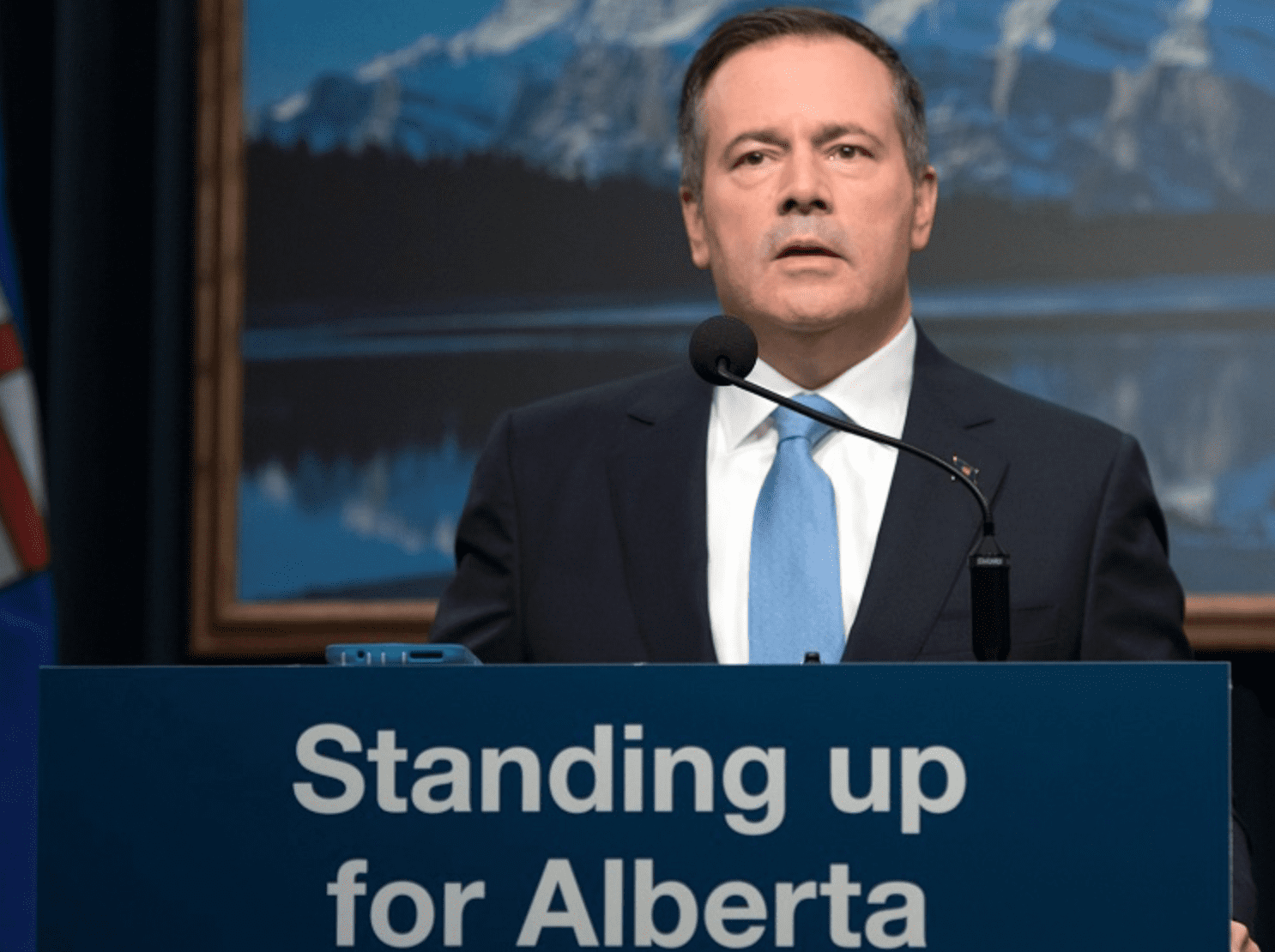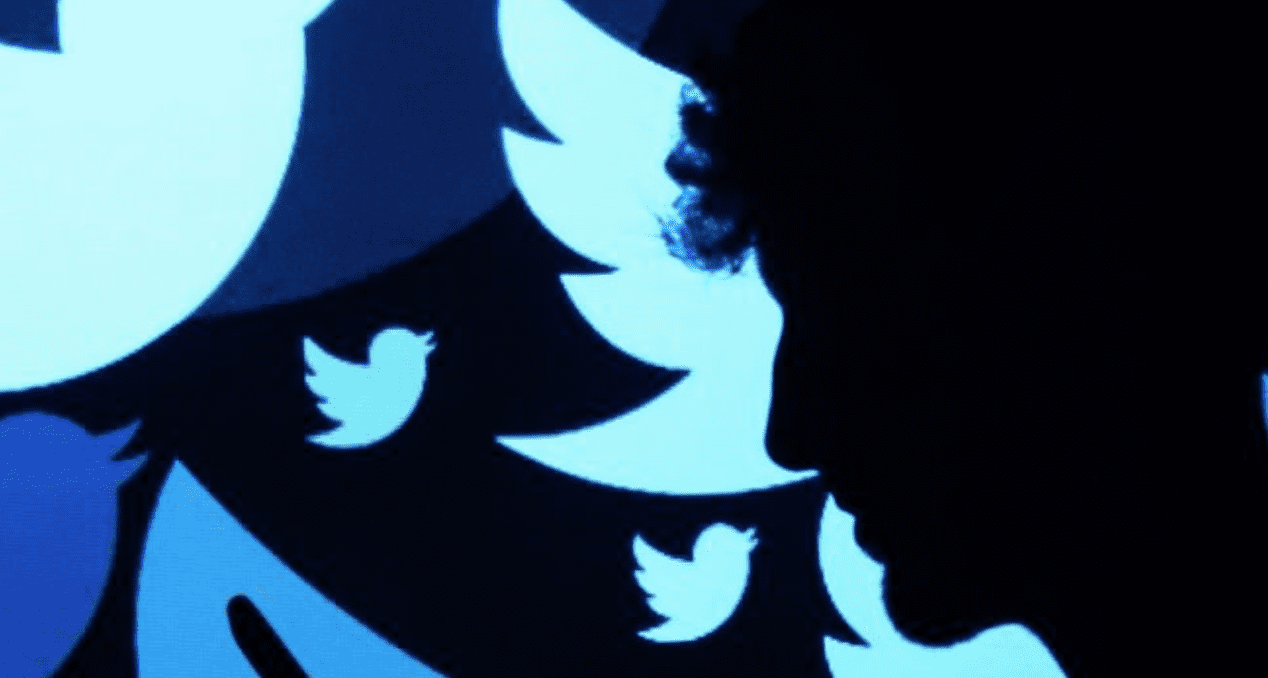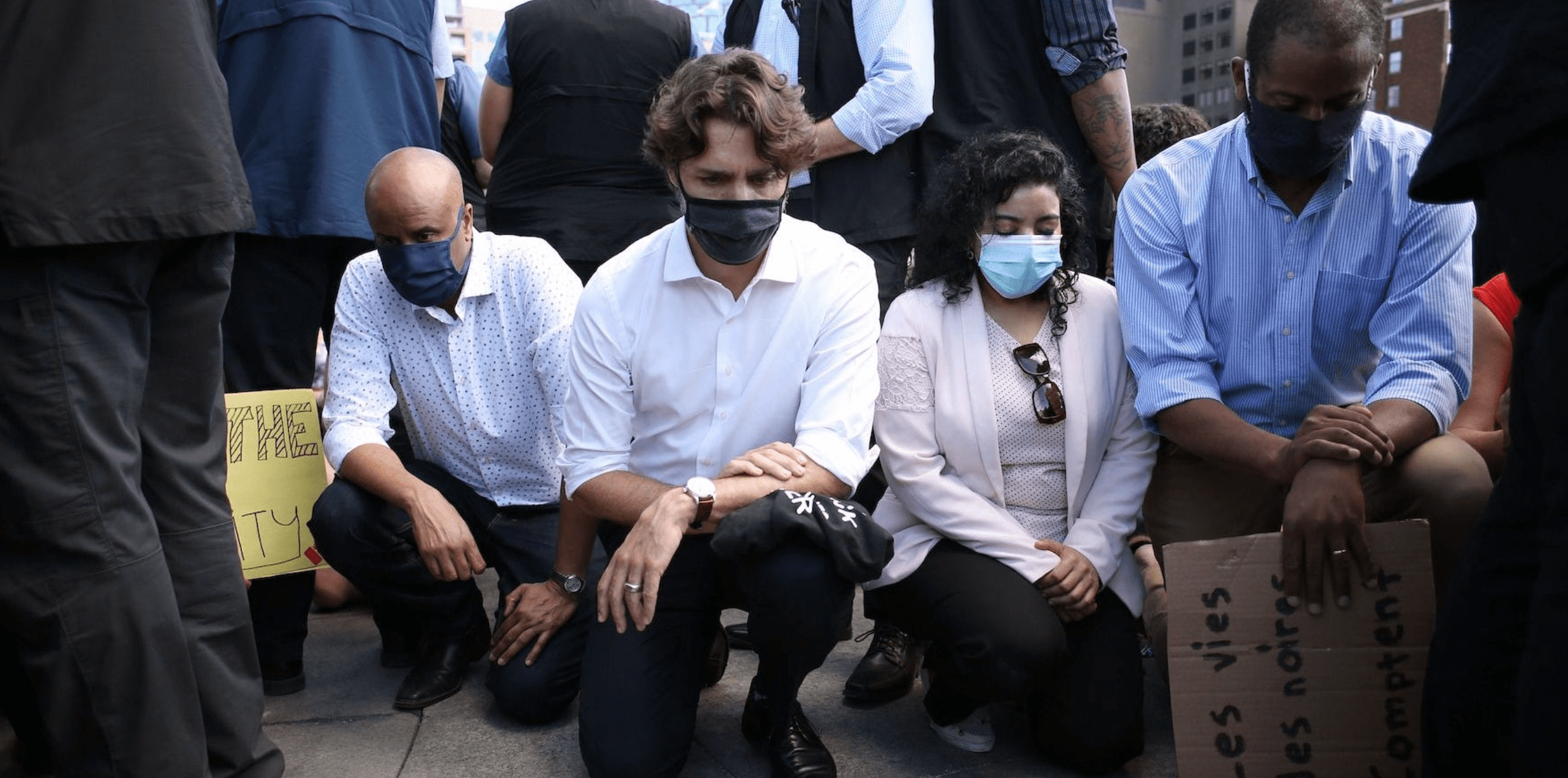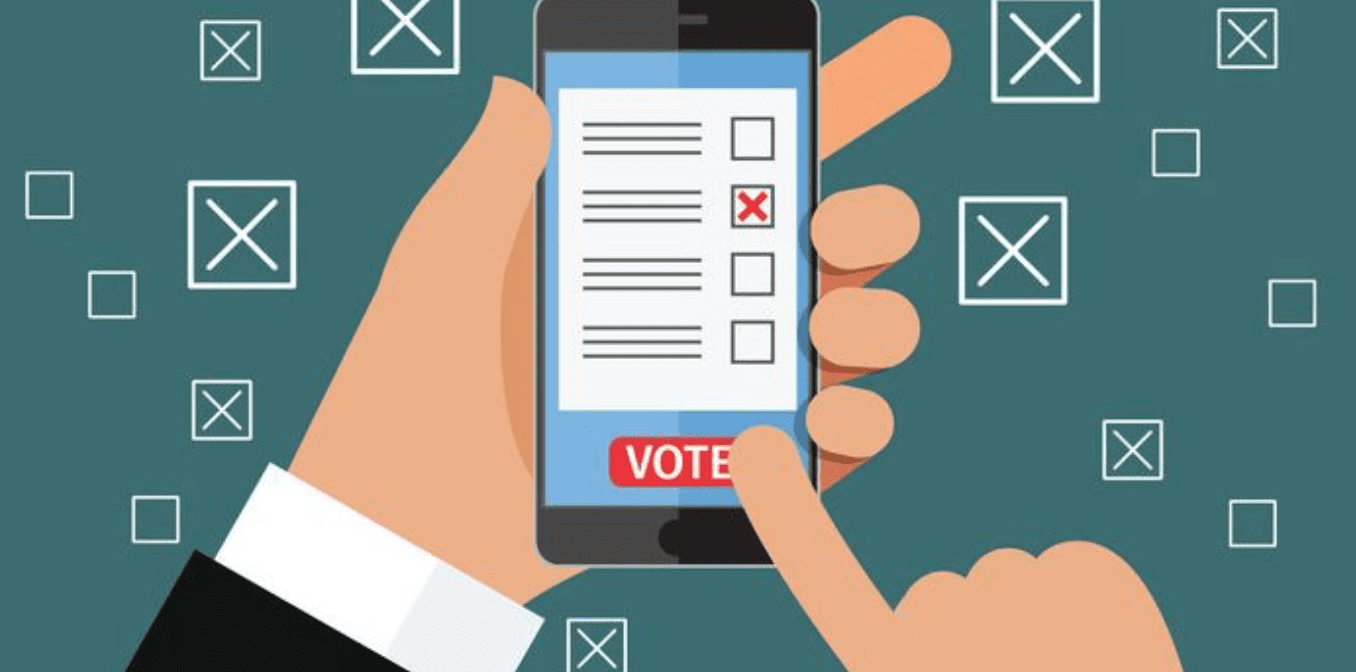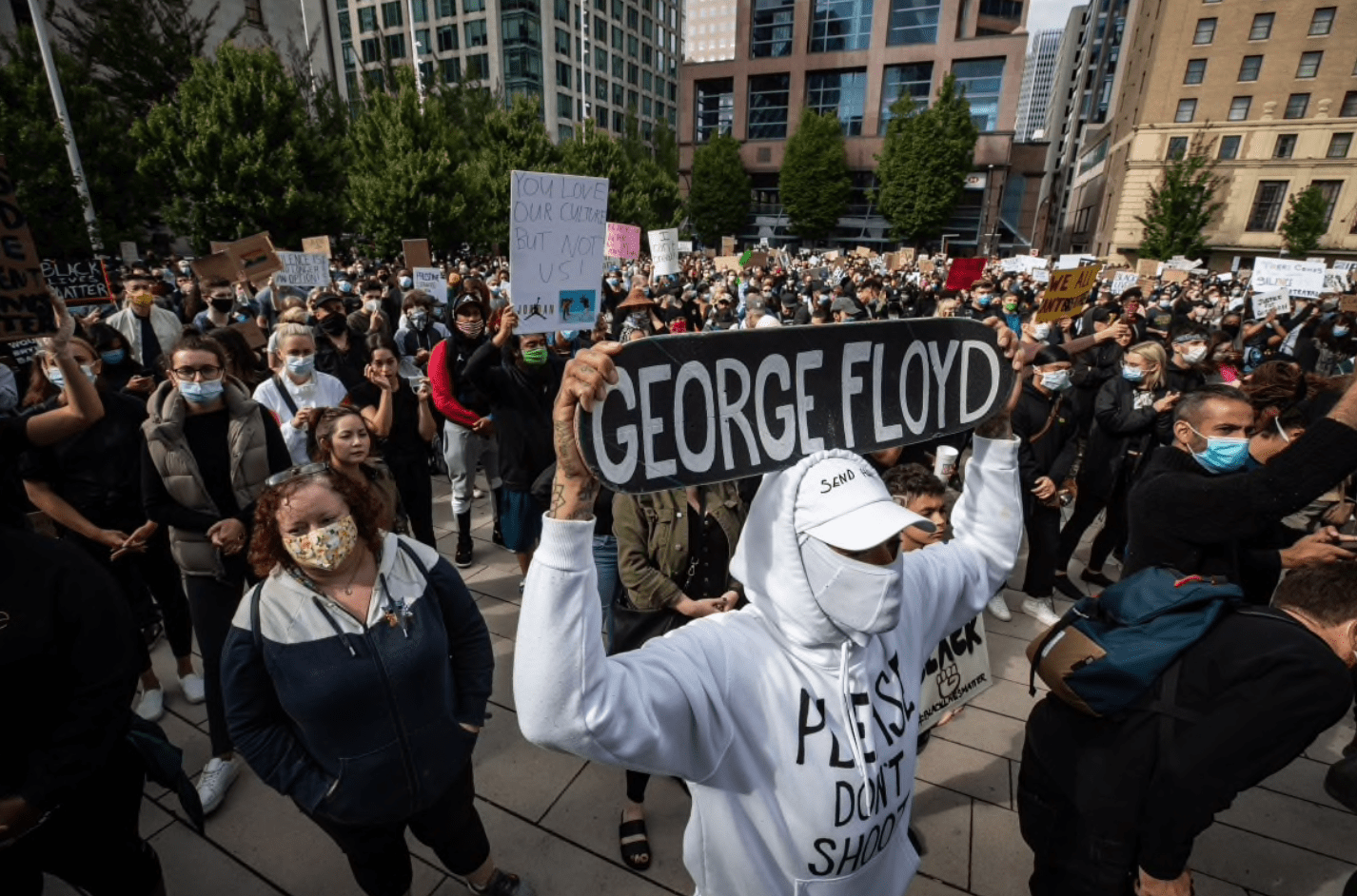If recent public opinion polls are to be believed (and they probably shouldn't be) then U.S. President Donald Trump is likely going to lose the upcoming presidential election.
I know for lots of people that's cause for celebration, but be warned, if Trump is indeed turfed from office in November, it will fundamentally alter the crazy game we call politics in ways we can't yet imagine.
And this could lead to some unforeseen problems.
I'm bringing this up, not because I think Trump is a great leader, but because — love him or hate him for the past four years, the world's entire political universe has basically revolved around his presidency.
In other words, to a large degree, Trump is the one setting the agenda, while his enemies — cultural elites, the establishment media, political commentators — simply react to whatever he says or does, and their reactions are usually pretty intense, e.g. extreme anger, moral outrage or outright shock.
Simply put, Trump's particular brand of what might be called "political perversity" has made him the centerpiece of an unprecedented world-wide drama.
So, yanking him off the stage would be like taking the Death Star out of Star Wars or Godzilla out of a Godzilla movie; the drama would disappear.
As matter of fact, I'd argue the world's anti-Trump voices have become so dependent on hating him, that his absence would leave a gaping void in their collective psyche.
To see what I mean by that, let's consider a few examples as to how a Trumpless planet could upset some apple carts.
First, take the case of our very own Prime Minister Justin Trudeau.
Ever since Trump assumed the presidency, Trudeau has made comparing and contrasting himself to the US president one of the cornerstones of his communication strategy.
If Trump says, "I'm going to build a wall", then Trudeau says, "Everyone is welcome to Canada"; if Trump denounces WHO, then Trudeau will endorse it, if Trump likes Ginger, then Trudeau likes Mary Ann. (That last bit is a boomer joke. Google it.)
And this, of course, is one main reason as to why the media (including the American media) is so gaga over Trudeau he's one of their favorite "anti-Trumps."
Yet, if Trump vanishes from the scene what will Trudeau do?
I guess he could start comparing himself to Peter MacKay or to Erin O'Toole, which yes, might intrigue the CBC, but it likely won't win him any points at the New York Times or at CNN.
And speaking of CNN, that network too would miss Trump.
After all, right now I'd estimate about 90 percent of CNN's programming is geared towards attacking the US president and convincing their viewing audience that he's the worst thing to happen to America since Star Trek got cancelled.
So, I suspect if Trump were to lose the presidency, CNN would lose most of their content and thus would also lose a lot of viewers.
Same goes for MSNBC and for dozens of other US media outlets.
But the real potential problem with a Trumpless America is that it might further divide Americans along ideological grounds.
And yes, I know America is already bitterly divided, but right now it's basically split into just two main opposing camps Pro-Trumpers vs. Anti-Trumpers.
Take Trump out of the equations and things could get a lot more complicated.
For one thing, the Anti-Trump faction is a disparate group composed of right-wing "Never Trumpers", moderate Democrats and hard-core leftists- all of whom are held together essentially by their common hatred of Trump.
But without Trump, that unifying glue will dissolve.
How long will it be after a Trump loss before the leftists start attacking moderate Democrats, or conservative "Never Trumpers" start attacking the left?
Meanwhile, it seems likely a losing Republican Party could easily fracture in a nasty internecine war between remaining Trump loyalists and the party "Establishment".
So yeah, things could get ugly.
Mind you, none of this would happen right away; I'm sure for the first six months or so after a Trump defeat his media and political enemies would go into one of the most massive gloating sprees of all time.
But gloaters would do well to remember, victories often plant the seed of defeat.



